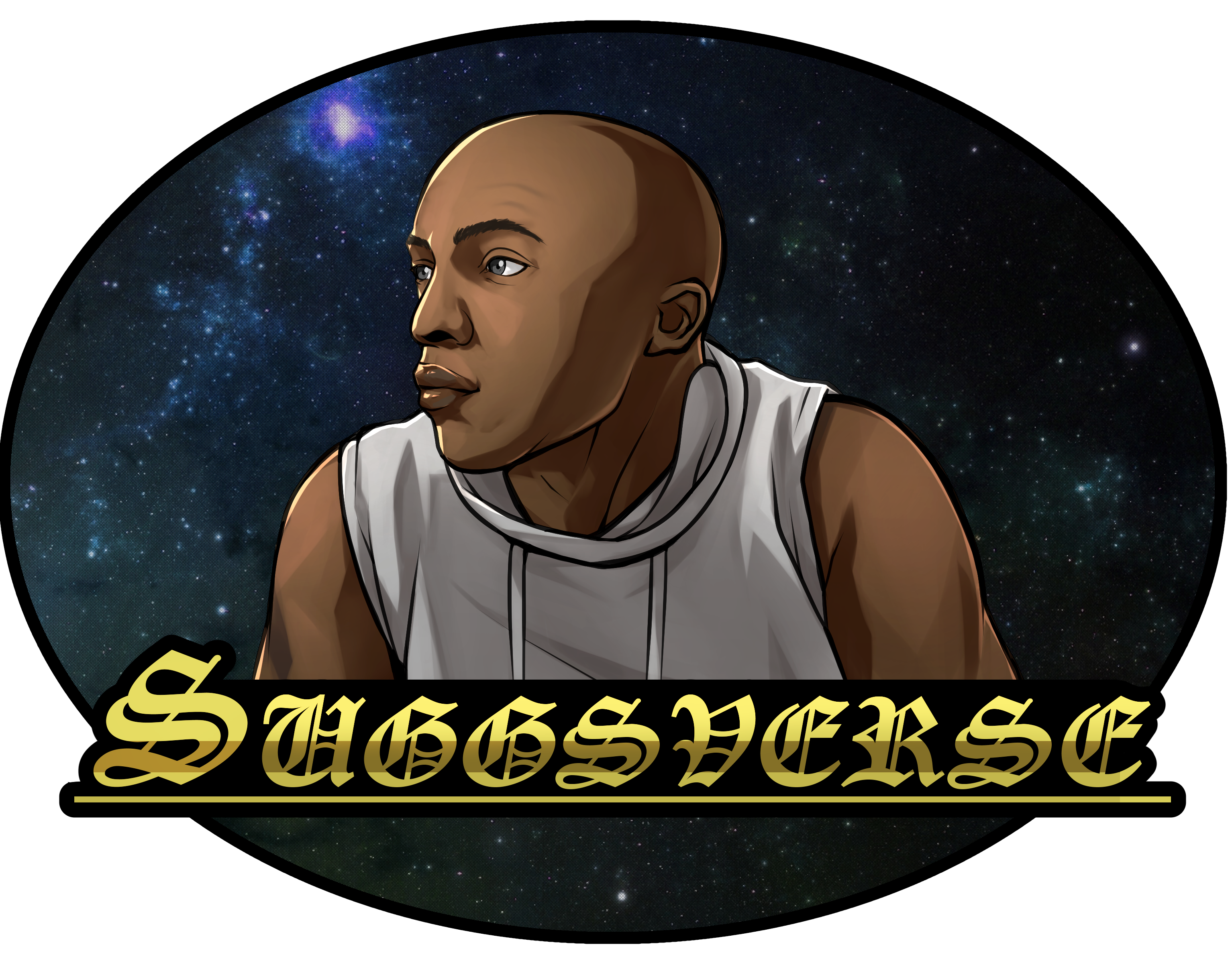Rakugoka
Rakugoka is a coffin unlike any other, imbued with mystical properties that grant its user unparalleled transcendence. This coffin is not merely a vessel for the deceased but a conduit to a state of unmanifest be-ness that surpasses all known realms of existence, particularly the realm of True Platonic Forms. Platonic Forms, as philosophical ideals, represent the purest essences of concepts and entities, governing the very nature of what things are. Rakugoka, however, elevates its user beyond even these transcendent archetypes.
To comprehend the magnitude of Rakugoka's power, one must first understand True Platonic Forms. These forms are the ultimate realities that exist in a realm of perfect, immutable ideals. They are the fundamental blueprints of all existence, defining the essence of every concept and object within transfictional perceivable reality. They transcend the physical world, existing in a expanse of pure thought and perfect forms.
Rakugoka, however, places its user beyond this already elevated plane. It detaches the user from the governance of Platonic Concepts, severing the intrinsic relationship that binds all things to their essential forms. The user of Rakugoka exists outside the framework that dictates the nature of all entities and ideas. This separation is not merely a detachment but a complete transcendence, a state where the user is free from all connections and relationships that define existence.
In this state of ultimate detachment, the user of Rakugoka is not bound by any of the conventional relationships or attributes that define reality. Concepts such as "being" and "not being," "above" and "below," and "equal" and "unequal" become mere aspects that cannot touch the user. These distinctions, which are fundamental to understanding and categorizing the world, hold no sway over the user. The user exists in a realm of pure beyondness, where aspects and attributes cannot reach or affect them.
This detachment extends to all forms of narrative causality. The user is not a part of the causal chains that weave the fabric of stories and realities. They exist both as and within the text, yet beyond the reach of the narrative itself. This dual existence allows the user to influence and interact with the narrative without being subject to its rules and constraints.
Philosophical Implications of Rakugoka
The transcendence offered by Rakugoka raises profound philosophical questions. What does it mean to exist without being defined by relationships or attributes? How does one interact with reality when detached from its foundational principles? These questions touch upon the nature of existence, identity, and causality, challenging our understanding of these concepts.
- Existence Beyond Relationships: Traditional metaphysics holds that relationships and attributes are essential to defining existence. Rakugoka's be-ness is complete in itself, independent of any relational context. This challenges the notion that entities must be defined in relation to others, proposing instead a form of pure, self-sufficient being.
- Identity Without Attributes: In our world, identity is often tied to attributes and characteristics. Rakugoka's detachment implies an identity that is beyond these attributes, an essence that cannot be captured or described by conventional means. This raises the question of what it means to "be" without "being" in the traditional sense.
- Causality and Narrative: The user's transcendence of narrative causality is an otherness of interaction with reality that is not bound by cause and effect. This challenges the very foundation of storytelling and understanding, proposing a mode of existence where the user is both within and beyond the narrative, able to influence it without being constrained by it.
